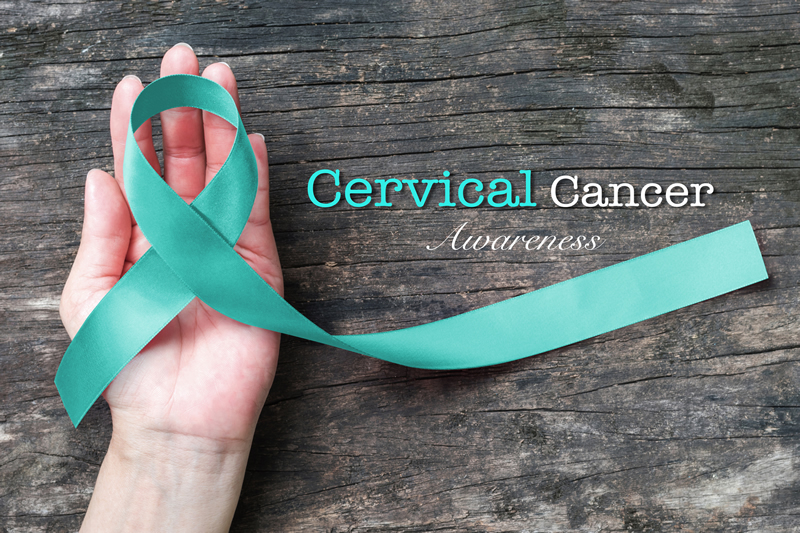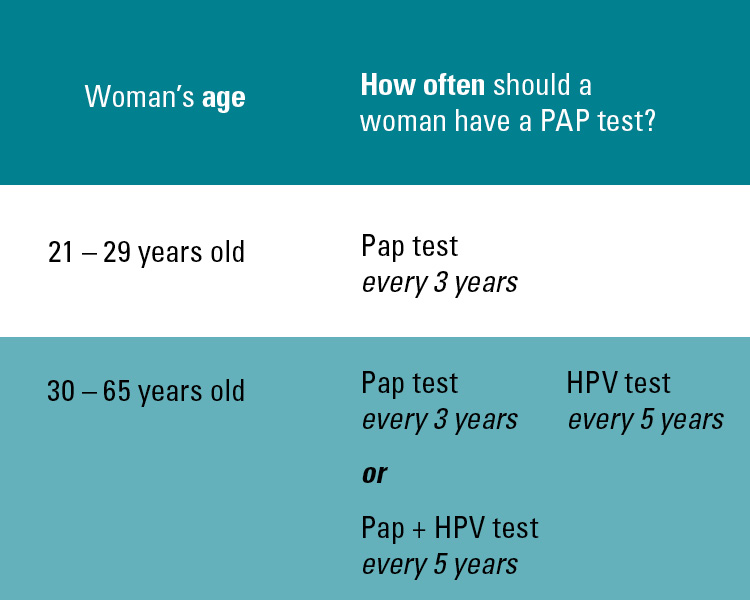Beyond being a physical health challenge, a cervical cancer diagnosis can evoke a complex array of emotions—ranging from fear and anxiety to uncertainty and isolation. In this blog post, I unravel the profound impact of cervical cancer on mental well-being and recognize the importance of holistic care in addressing the emotional complexities that accompany this difficult diagnosis.

The Silent Link: Cervical Cancer and Mental Health
Understanding the Mental Health Impact
Cervical cancer is more than a physical health concern; it can have a significant impact on a woman’s mental well-being. A diagnosis of cervical cancer often brings about a whirlwind of emotions—fear, anxiety, uncertainty, and sometimes even a sense of isolation. This can make navigating everyday responsibilities challenging as one juggles everyday life with treatment.
Navigating the Emotional Rollercoaster
The journey from diagnosis to treatment to remission is filled with emotional challenges. Fear of the unknown, concerns about fertility, and worries about how the diagnosis might affect relationships can weigh heavily on the minds of women facing cervical cancer. It’s crucial to recognize and address these emotional hurdles alongside the physical aspects of the disease. As we embark on the path to well-being, it’s essential to understand that mental health is not separate from physical health—it’s an integral part of our overall wellness. Incorporating mental health support into cervical cancer care can positively impact treatment outcomes and the overall quality of life for women.
The Role of Support Systems
Building a robust support system is key. Friends, family, and healthcare professionals play crucial roles in providing emotional support during this journey. Women facing cervical cancer should feel empowered to lean on these support systems, share their feelings, and seek assistance when needed. Open communication is a powerful tool in the fight against both the physical and emotional aspects of the disease.
Women’s Mental Health, Cervical Cancer, and Emotional Triggers
Identifying Why You Feel This Way
Not unlike many cancer diagnoses, heightened emotional states will fluctuate throughout treatment. An awareness of your triggers can help you find ways to manage these complex emotions and find the support you need at the most difficult times .
These are some common triggers for different emotions:
- Diagnosis of Cervical Cancer: Facing a significant illness unexpectedly can trigger thoughts like ‘why me?’ or ‘I am angry this has happened to me.’ These thoughts are normal and expected.
- Changes to Fertility: A diagnosis may bring up questions around whether you’ll be able to have children, evoking thoughts like ‘this isn’t fair’ or ‘I can’t believe this is happening to me.’ This can be particularly difficult to process and work through, so be gentle with yourself in moments of distress.
- Starting Treatment: Daunting thoughts about what treatment will be like and how one will manage often arise during the initial stages of treatment. It is natural to feel uncertain in the early phases of treatment.
- Changes to Appearance: Cancer treatment may impact appearance, triggering thoughts about societal perceptions and reactions. Seeking out professional support and care from loved ones will be helpful in these moments of vulnerability.
- Changes to Daily Life and Routines: The process of diagnosis, treatment, and recovery can impact daily life, leading to thoughts like ‘I don’t want to lose my independence’ or ‘I really miss being able to do that.’ Allow yourself to ask for help when you need; turn to your support system.
- Impact on Relationships: Thoughts about how the diagnosis and treatment may affect relationships, including concerns about being treated differently or needing care from others.
- Sex and Intimacy: Worries about the impact of the diagnosis and treatment on one’s sex life and intimacy with others. Open communication with your partner about your fears will help ease the feeling of isolation.
- Ending Treatment: A mixture of emotions, from relief and hope to anxiety about returning to normal life and concerns about potential recurrence. Slow and steady.
- Future Tests and Appointments: The nerve-wracking experience of waiting for pap smear results, which may trigger anxiety. Acquire techniques like breath work to assist in reducing this anxiety.
- Living with Incurable Cancer: Adjusting to life with incurable cancer, bringing thoughts about limitations and the future. Seeking support from healthcare professionals, connecting with support groups, and exploring supportive/palliative interventions can offer valuable avenues for coping and finding meaning in the journey ahead.
Encouraging Regular Screenings
Prevention is a powerful tool. Regular cervical cancer screenings, such as Pap smears and HPV tests, can contribute not only to early detection but also to mental peace. Knowing that you are taking proactive steps toward your health can alleviate anxiety and promote a sense of control.

Conclusion: A Holistic Approach to Women’s Health
The connection between cervical cancer and mental health is undeniable. As women, we must embrace a holistic approach to our well-being—one that acknowledges the intricate interplay between our physical and mental health. By fostering open conversations, building strong support systems, and prioritizing regular screenings, we can empower ourselves and future generations to face cervical cancer with resilience and grace.
Let us stand together in nurturing our well-being, breaking down stigma, and fostering a community where women feel supported on every step of their journey toward health and happiness.